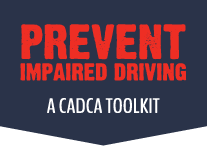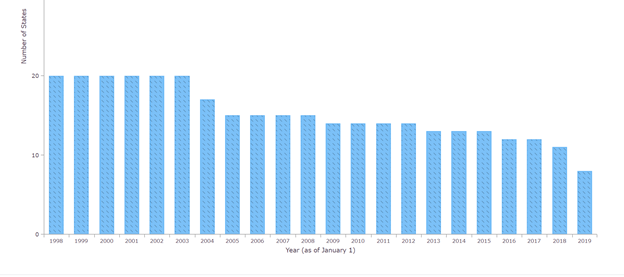Supplemental strategies:
Couple with Sale on non-alcoholic beverages to reduce barriers
Information of fiscal decision-making / planning to provide social support
Increased hours of alcohol sale in on-premises settings has been shown to increase alcohol-related harms. In these studies, extending hours of sale by 2 to 4 hours was associated with:
- An increase in alcohol consumption
- A relative increase in motor vehicle crash injuries ranging from 4% to 11%
- A shift in timing of motor vehicle crashes corresponding to the change in closing time of the outlet
Removing restrictions on hours of sale, i.e., allowing sales of alcohol 24 hours a day or allowing outlets to stay open to any hour, was further associated with an increase in emergency room admissions, suspected driving while intoxicated, and an increase in alcohol-related assault and injury.
Similarly, studies have investigated the effect of repealing laws that limited the number of days in which alcohol could be sold (laws that had made alcohol sale on Sundays illegal); these studies found increased alcohol-related harm when such limits were repealed. Indeed, over the past twenty years, more than half of the states which had limited days of the week in which alcohol could be purchased have repealed such laws (below). Review relevant laws on days-of-sale here.
Number of State with Bans on Off-Premises Sunday Sales (NIAAA)
Learn More!
The County Health Rankings include data breakdowns by county for all 50 states. The data points are complimented by resources to help localities create plans to improve community health. This page shows the many forms of restricted hours with links to implementation examples.
The Alcohol Policy Information System provides breakdowns of laws and legislative changes by state across several years


